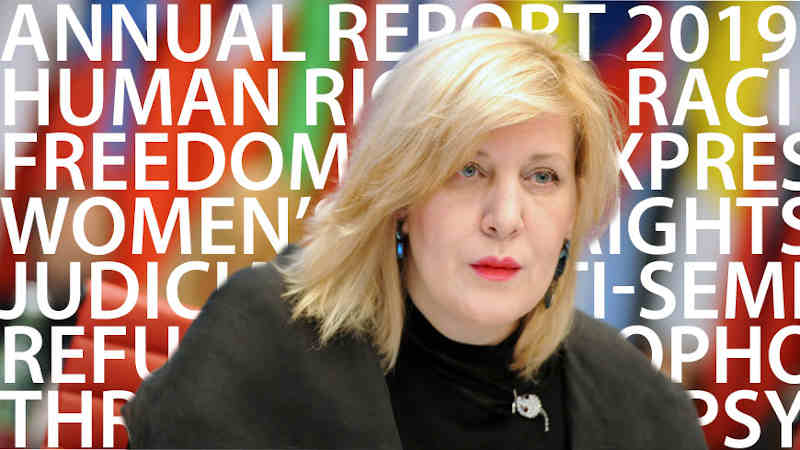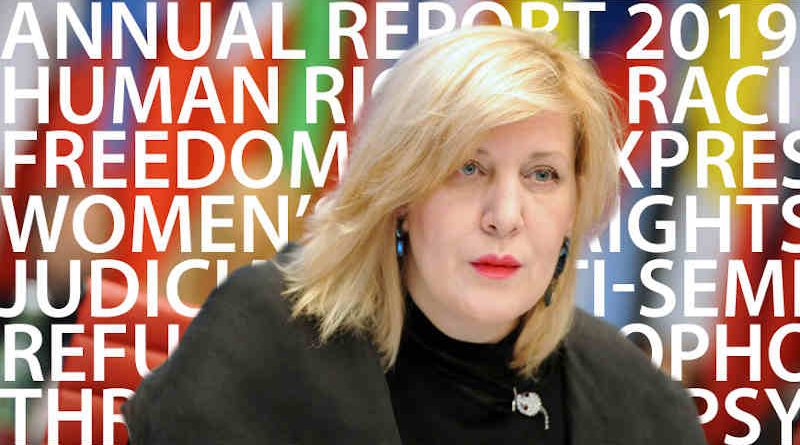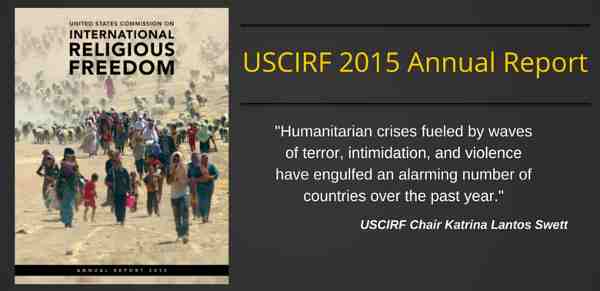Russia Urged to Drop Legislation That Violates the Rights of NGOs

European human rights standards on the legal status of NGOs provide that they should be free to pursue their objectives.
The Council of Europe Commissioner for Human Rights, Dunja Mijatović, has called on the State Duma to refrain from adopting legislation which violates the rights of NGOs and civil society activists.
“I have been following closely recent discussions concerning a number of new bills related to NGOs and, in particular, I note that Russian civil society has expressed criticism of these bills,” Ms Mijatović said in a statement released Monday (December 7).
She urged the State Duma of the Federal Assembly of the Russian Federation to reject a number of pending bills that would make the already very restrictive legislation on NGOs even more limiting, undermining civil society and restricting freedoms of association, assembly, and expression.
“I recommend that the lawmakers conduct a thorough review of the current legislation on NGOs in consultation with all relevant international and national human rights stakeholders, including Russian civil society and national human rights structures, to align it with European and international human rights standards,” Ms Mijatović said.
Bill no. 1052523-7, as tabled by the Government, would allow the Ministry of Justice to interfere with the statutory activities of both NGOs that receive foreign funding and international or foreign NGOs (INGOs) operating in Russia.
In particular, the bill provides that the NGOs concerned would have to communicate information in advance and report about their planned projects and events to the Ministry of Justice, while the latter would have discretionary power to approve or ban those activities.
The bill does not provide any guidance as to what actions could be prohibited and on what grounds. Failure to comply with such a ban would lead to the liquidation of the NGO concerned.
European human rights standards on the legal status of NGOs provide that they should be free to pursue their objectives through a wide range of activities, including research, education and advocacy, and in doing so, they should not be subject to direction by public authorities.
💛 Support Independent Journalism
If you find RMN News useful, please consider supporting us.




